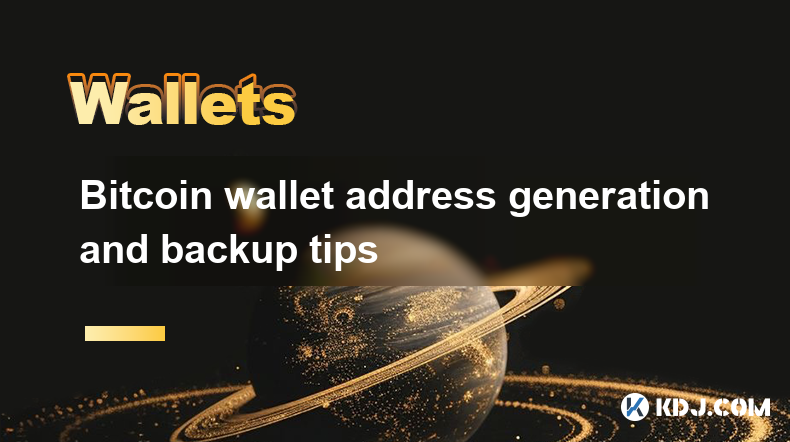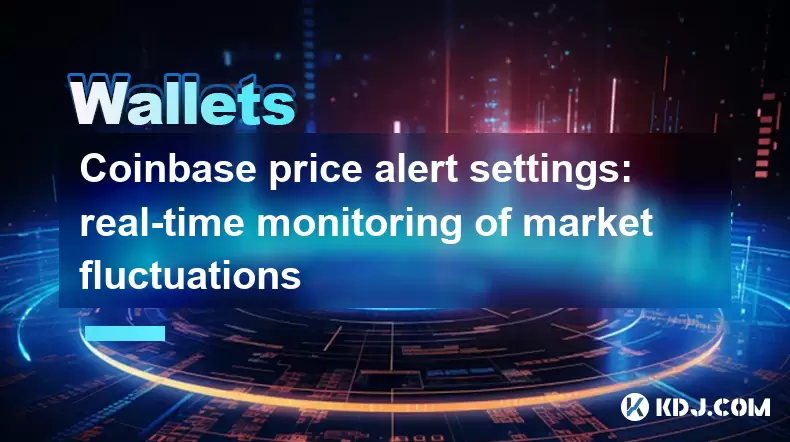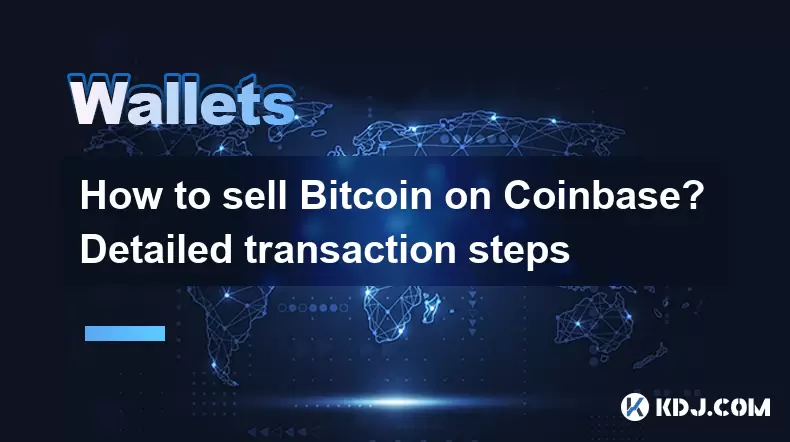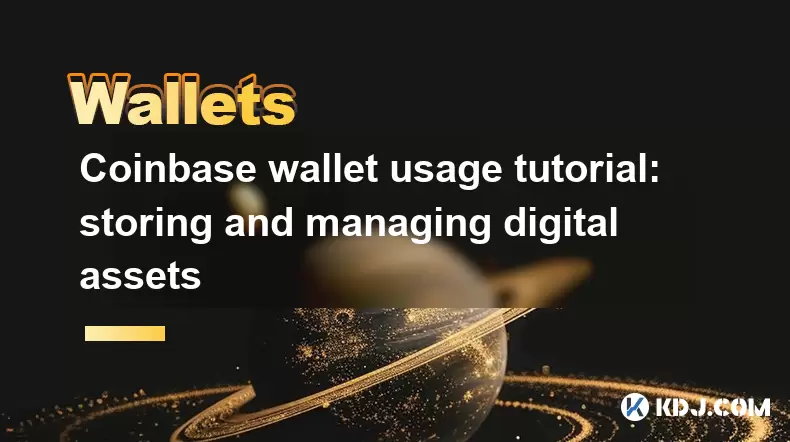-
 Bitcoin
Bitcoin $107,341.7259
0.15% -
 Ethereum
Ethereum $2,438.6204
0.70% -
 Tether USDt
Tether USDt $1.0003
-0.02% -
 XRP
XRP $2.1866
1.94% -
 BNB
BNB $649.0952
0.36% -
 Solana
Solana $150.9602
5.63% -
 USDC
USDC $0.9999
0.00% -
 TRON
TRON $0.2742
0.40% -
 Dogecoin
Dogecoin $0.1645
1.93% -
 Cardano
Cardano $0.5669
1.18% -
 Hyperliquid
Hyperliquid $37.8286
4.19% -
 Bitcoin Cash
Bitcoin Cash $491.4669
-2.74% -
 Sui
Sui $2.8150
3.06% -
 Chainlink
Chainlink $13.4184
2.91% -
 UNUS SED LEO
UNUS SED LEO $9.0809
0.27% -
 Avalanche
Avalanche $18.0295
2.60% -
 Stellar
Stellar $0.2396
1.19% -
 Toncoin
Toncoin $2.8587
0.13% -
 Shiba Inu
Shiba Inu $0.0...01160
2.59% -
 Litecoin
Litecoin $86.4192
1.45% -
 Hedera
Hedera $0.1486
1.19% -
 Monero
Monero $308.4324
0.87% -
 Polkadot
Polkadot $3.4202
1.43% -
 Bitget Token
Bitget Token $4.6436
-0.34% -
 Dai
Dai $0.9998
-0.02% -
 Ethena USDe
Ethena USDe $1.0002
0.00% -
 Uniswap
Uniswap $7.1527
3.29% -
 Pi
Pi $0.5357
-8.45% -
 Pepe
Pepe $0.0...09588
4.61% -
 Aave
Aave $259.9759
0.81%
Bitcoin wallet address generation and backup tips
Bitcoin wallet addresses are unique identifiers on the blockchain, generated by cryptographic algorithms in your wallet software for secure, private transactions.
Apr 01, 2025 at 05:00 pm

Understanding Bitcoin Wallet Addresses
A Bitcoin wallet address is essentially your unique identifier on the Bitcoin blockchain. It's a string of alphanumeric characters used to receive Bitcoin. Unlike bank accounts, you can have multiple addresses associated with a single wallet. These addresses are generated by your wallet software using cryptographic techniques, ensuring the security and privacy of your transactions. Generating a new address is simple and often automated within your chosen wallet. The process is crucial for maintaining privacy and security, as reusing addresses can reveal information about your transactions.
Generating a Bitcoin Wallet Address
The process of generating a Bitcoin wallet address varies slightly depending on the type of wallet you use. However, the underlying principle remains the same: your wallet software uses cryptographic algorithms to create a unique address. This address is then displayed within your wallet interface, ready for you to share with others who wish to send you Bitcoin. Most wallets automate this process, requiring minimal user interaction. You simply need to select the option to "receive" Bitcoin, and a new address will be generated.
Different Types of Bitcoin Wallets and Address Generation
Several types of Bitcoin wallets exist, each with its own method of address generation. Hardware wallets generally generate addresses directly on the device, enhancing security. Software wallets, whether desktop or mobile, usually have a built-in function to create new addresses. Web wallets also generate addresses, but their security relies heavily on the platform's security measures. Understanding the specific features of your chosen wallet is crucial for proper address generation and management.
The Importance of Multiple Addresses
Using multiple Bitcoin addresses is a best practice for enhancing your privacy. Every time you receive Bitcoin, consider using a fresh address. This makes it harder for anyone to track your transactions and link them to a single identity. This is a simple but effective way to improve your financial privacy on the Bitcoin network. Many wallets automatically generate a new address each time you request one for receiving funds.
Backing Up Your Bitcoin Wallet
Backing up your Bitcoin wallet is paramount. Without a backup, you risk losing access to your funds if your device is lost, stolen, or damaged. The backup process varies depending on the wallet type. However, the core principle remains consistent: you need to securely store the information necessary to restore your wallet and access your Bitcoin. Never underestimate the importance of regular backups.
Backup Methods for Different Wallet Types
- Hardware Wallets: These often have a seed phrase, a series of words, written down on paper. Keep this phrase in a safe place, away from your device. Never store it digitally.
- Software Wallets: These might offer options to export a wallet file or a seed phrase. Store these backups offline and in multiple secure locations.
- Web Wallets: Backup procedures vary significantly depending on the specific platform. Always follow the platform's instructions carefully. Understand that web wallets rely on the platform's security, so losing access to your account could mean losing your funds.
Understanding Seed Phrases (Recovery Phrases)
The seed phrase, also known as a recovery phrase, is a crucial element of many Bitcoin wallet backups. It's a sequence of words that acts as a master key to your wallet. This phrase allows you to restore your wallet and access your funds even if your original device is lost or compromised. The seed phrase is generated during wallet creation and should be treated with the utmost security.
Safeguarding Your Seed Phrase
The security of your seed phrase is paramount. Never share it with anyone. Write it down carefully on paper and store it in a secure, physically inaccessible location. Consider using a metal plate or a safety deposit box. Never store your seed phrase digitally. Doing so exposes it to hacking and malware risks.
Regularly Checking Your Backups
Regularly checking your backups is crucial. Make sure your backups are still accessible and readable. Consider making multiple backups and storing them in different secure locations. This redundancy minimizes the risk of losing access to your Bitcoin due to a single point of failure. Regularly reviewing your backup strategy ensures you're prepared for any unforeseen circumstances.
Understanding Private Keys
Private keys are cryptographic secrets that allow you to spend your Bitcoin. They are closely related to your wallet address but are not directly visible to you. Your wallet software manages these private keys, using them to sign transactions. Protecting your private keys is as important as protecting your seed phrase. Loss of your private keys means permanent loss of access to your funds.
Security Best Practices for Bitcoin Wallets
Security is paramount when handling Bitcoin. Use strong passwords, enable two-factor authentication (2FA) where available, and keep your wallet software updated. Be wary of phishing scams and avoid clicking suspicious links. Regularly update your wallet software to benefit from the latest security patches. Always verify the authenticity of any website or application before entering your sensitive information.
Common Questions
Q: What happens if I lose my Bitcoin wallet?
A: If you lose your wallet without a backup, you will likely lose access to your Bitcoin. The recovery process depends on the type of wallet and whether you have a seed phrase or backup.
Q: Can I recover my Bitcoin if I forget my seed phrase?
A: No, without your seed phrase, recovering your Bitcoin is generally impossible. The seed phrase is the master key to your wallet.
Q: How often should I back up my Bitcoin wallet?
A: It's recommended to back up your wallet regularly, ideally after significant transactions or at least once a month.
Q: Is it safe to use online Bitcoin wallets?
A: Online wallets can be convenient, but they are generally considered less secure than hardware or software wallets. They rely on the security of the platform.
Q: What is the difference between a public key and a private key?
A: Your public key is your Bitcoin address, visible to others. Your private key is a secret cryptographic code that allows you to spend your Bitcoin. Never share your private key.
Disclaimer:info@kdj.com
The information provided is not trading advice. kdj.com does not assume any responsibility for any investments made based on the information provided in this article. Cryptocurrencies are highly volatile and it is highly recommended that you invest with caution after thorough research!
If you believe that the content used on this website infringes your copyright, please contact us immediately (info@kdj.com) and we will delete it promptly.
- Ruvi AI: The Audited Token Primed to Lead the Bull Run, Outshining Competitors
- 2025-06-29 06:30:13
- Ruvi AI: The Smart Shiba Inu? Token Rally Potential Examined
- 2025-06-29 06:30:13
- Bitcoin, AI Tokens, and Ruvi AI: What's the Deal?
- 2025-06-29 06:50:12
- Cryptos with Real-World Utility and Growth Potential: Qubetics and Beyond
- 2025-06-29 06:35:13
- Ruvi AI, Dogecoin, and ROI: Decoding the Crypto Hype
- 2025-06-29 07:12:05
- Unstaked vs. Dogecoin & Ethereum: The Next Big Crypto Opportunity?
- 2025-06-29 07:15:12
Related knowledge

Coinbase price alert settings: real-time monitoring of market fluctuations
Jun 29,2025 at 07:00am
Setting Up Coinbase Price AlertsTo begin real-time monitoring of market fluctuations on Coinbase, users can utilize the built-in price alert feature. This function allows you to receive notifications when a cryptocurrency reaches a specific price point. To access this setting, open the Coinbase app or log in via the web platform. Navigate to the 'Prices...

How to stake cryptocurrencies on Coinbase? Benefits and risks
Jun 27,2025 at 06:36pm
Understanding Cryptocurrency Staking on CoinbaseStaking cryptocurrencies involves locking up digital assets to support the operations of a blockchain network, typically in return for rewards. Coinbase, one of the most popular cryptocurrency exchanges globally, offers staking services for several proof-of-stake (PoS) coins. Users can stake their holdings...

How to contact Coinbase customer service? Support channels and response times
Jun 28,2025 at 01:29pm
Contacting Coinbase Customer Service: Support Channels and Response TimesIf you're a user of Coinbase, reaching their customer service team may become necessary for various reasons, such as account verification issues, transaction disputes, or technical difficulties. Understanding the different support channels available and what to expect in terms of r...

Coinbase advanced trading function usage tutorial: limit orders and market orders
Jun 28,2025 at 09:07pm
Understanding the Difference Between Limit Orders and Market OrdersWhen using Coinbase's advanced trading features, it is crucial to understand the fundamental difference between limit orders and market orders. A market order executes immediately at the best available price on the market. This type of order ensures that your trade goes through quickly, ...

How to sell Bitcoin on Coinbase? Detailed transaction steps
Jun 29,2025 at 04:22am
Setting Up Your Coinbase Account for TransactionsBefore you can sell Bitcoin on Coinbase, you must ensure your account is fully set up and verified. Coinbase requires identity verification to comply with regulatory standards. This process involves uploading a government-issued ID, confirming your address, and sometimes submitting a selfie holding the ID...

Coinbase wallet usage tutorial: storing and managing digital assets
Jun 29,2025 at 04:28am
Setting Up Your Coinbase WalletTo begin using the Coinbase wallet, you must first download and install the application. The Coinbase wallet is available on both iOS and Android platforms, making it accessible to a wide range of users. Once downloaded, open the app and select the option to create a new wallet. This process will prompt you to set up a sec...

Coinbase price alert settings: real-time monitoring of market fluctuations
Jun 29,2025 at 07:00am
Setting Up Coinbase Price AlertsTo begin real-time monitoring of market fluctuations on Coinbase, users can utilize the built-in price alert feature. This function allows you to receive notifications when a cryptocurrency reaches a specific price point. To access this setting, open the Coinbase app or log in via the web platform. Navigate to the 'Prices...

How to stake cryptocurrencies on Coinbase? Benefits and risks
Jun 27,2025 at 06:36pm
Understanding Cryptocurrency Staking on CoinbaseStaking cryptocurrencies involves locking up digital assets to support the operations of a blockchain network, typically in return for rewards. Coinbase, one of the most popular cryptocurrency exchanges globally, offers staking services for several proof-of-stake (PoS) coins. Users can stake their holdings...

How to contact Coinbase customer service? Support channels and response times
Jun 28,2025 at 01:29pm
Contacting Coinbase Customer Service: Support Channels and Response TimesIf you're a user of Coinbase, reaching their customer service team may become necessary for various reasons, such as account verification issues, transaction disputes, or technical difficulties. Understanding the different support channels available and what to expect in terms of r...

Coinbase advanced trading function usage tutorial: limit orders and market orders
Jun 28,2025 at 09:07pm
Understanding the Difference Between Limit Orders and Market OrdersWhen using Coinbase's advanced trading features, it is crucial to understand the fundamental difference between limit orders and market orders. A market order executes immediately at the best available price on the market. This type of order ensures that your trade goes through quickly, ...

How to sell Bitcoin on Coinbase? Detailed transaction steps
Jun 29,2025 at 04:22am
Setting Up Your Coinbase Account for TransactionsBefore you can sell Bitcoin on Coinbase, you must ensure your account is fully set up and verified. Coinbase requires identity verification to comply with regulatory standards. This process involves uploading a government-issued ID, confirming your address, and sometimes submitting a selfie holding the ID...

Coinbase wallet usage tutorial: storing and managing digital assets
Jun 29,2025 at 04:28am
Setting Up Your Coinbase WalletTo begin using the Coinbase wallet, you must first download and install the application. The Coinbase wallet is available on both iOS and Android platforms, making it accessible to a wide range of users. Once downloaded, open the app and select the option to create a new wallet. This process will prompt you to set up a sec...
See all articles

























































































